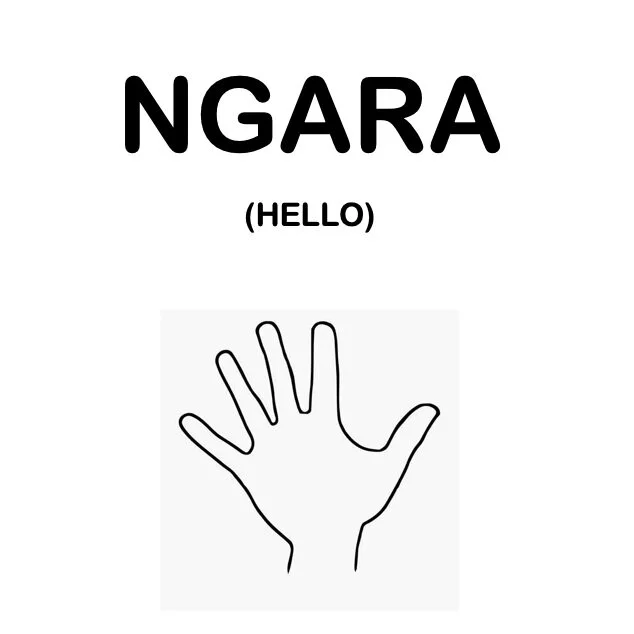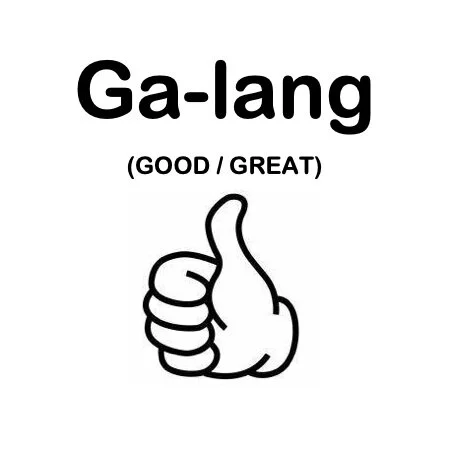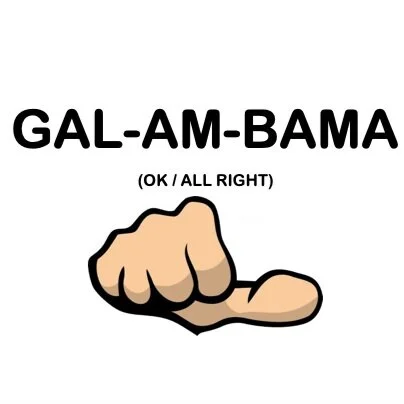Strong start for Wakka Wakka language program
We recently caught up with Fred Cobbo, who has advocated for, helped develop, and is now teaching the Wakka Wakka language program at Murgon State High School. Launched this year, the program sees all Year 7 and 8 students attend two 70-minute Wakka Wakka classes per week, and so far it’s a hit with students and parents.
Fred Cobbo in action, teaching about the different language groups that came to Cherbourg and Aboriginal English/Cherbourg lingo
Can you tell me a little bit about the school program you’re working on at the moment?
The school program I'm working on at the current moment is the Wakka Wakka language program. The Wakka Wakka language program came about from my visit to the Paper & Talk workshop held at AIATSIS in Canberra 2019. We as the Wakka Wakka group found the need for our language to be taught at the local High School. This is a form of revitalising our Wakka Wakka language.
As a child in the early 70s, Fred saw his great-grandmother taken away in the cage of a police wagon for teaching “the devil’s language” to her children. He says he always had that fire inside for language, but it was reignited during the Paper & Talk workshop:
Some Wakka Wakka Elders suggested I join the Paper & Talk workshop run by Living Languages Australia down in Canberra. In the two-week workshop, I created a fire within to see if Wakka Wakka can be taught at my local High School. I also wanted to learn my Wakka Wakka language too. I realised then, if we’re going to revive this, we’re going to have to start with our children. It was like you chucked a drum of petrol on me and lit that fire in my belly to succeed.
What do you love the most about your job?
The thing I love about my job is that the Wakka Wakka language program is driven by Wakka Wakka people in partnership with Education Qld, Murgon State High and the local Aboriginal Advisory Group (Wakka Wakka Elders and other Aboriginal Elders who live within our local communities).
Why do you think this program is important?
I personally feel this program is important for our children's identity, self-determination, well-being, and reconciliation with the local non-Indigenous community. We as a school community value the need to form partnerships with the Aboriginal community too. Our school population is around 55% Indigenous.
While Fred is new to teaching Wakka Wakka, he says the students who have come through Cherbourg State School (where there is an existing Wakka Wakka language program) are his “biggest allies”:
They come in with that knowledge, and correct me when I get things wrong.
Fred’s classes incorporate the history of the area, and the “hard truths” of why language was lost. He says he encourages parents to sit in, and while his classes are a favourite amongst students, he has also had great feedback from the parents, including those of non-Indigenous students. After two weeks in the program Fred says that students can be heard speaking Wakka Wakka in the playground, even when greeting other teachers. When asked about the successes of the program he says:
All students are using Wakka Wakka greeting words, the school will name buildings and sports houses in Wakka Wakka names, feelings cards (see below) have been given to each teacher to ask students their feelings as part of Wakka Wakka and Well-Being, and we also give the chance for all our students to participate in an acknowledgement to country process.
Congratulations to Fred and everyone involved for such a successful program so far! We're looking forward to following your progress, and wish you every success for the future of the program.





